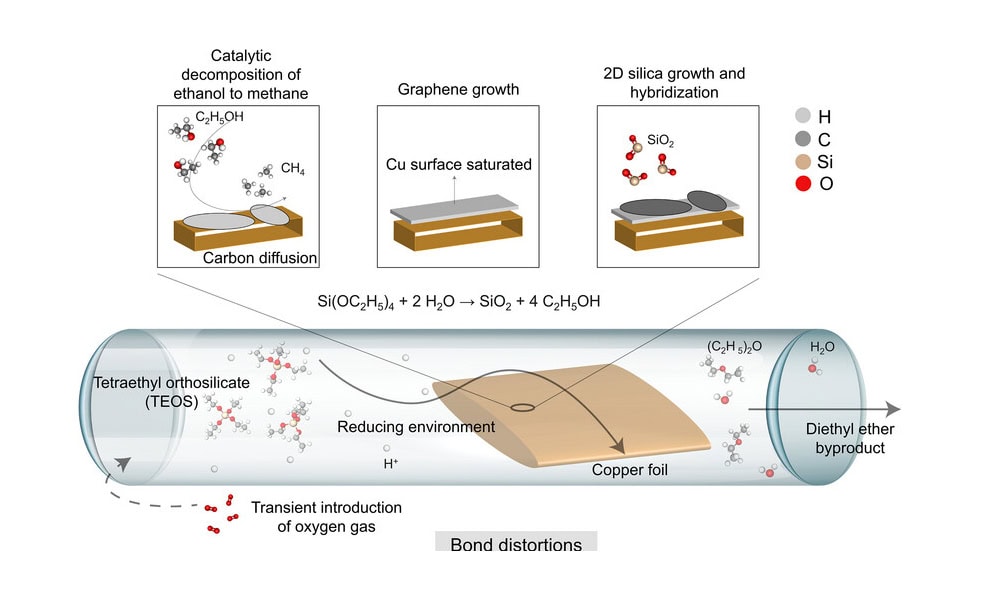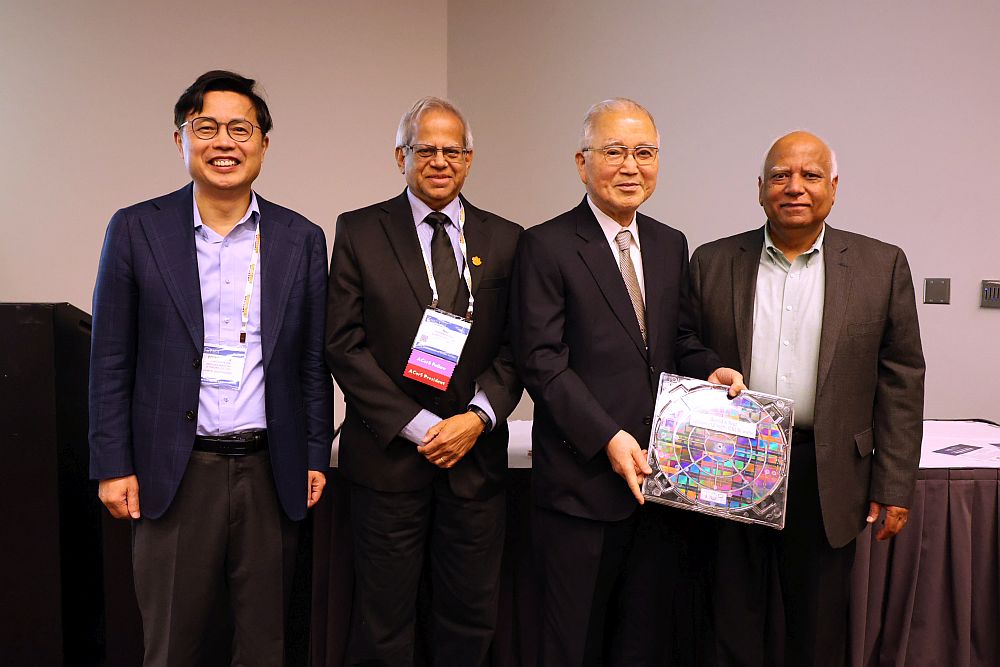Via RareMetalBlog, here is a timely example of one nation’s strategy, in this case regarding rare earth metals:
Japan Accelerates Moves to Secure Rare Metals
Both the public and private sectors have begun taking action to secure supplies of rare metals, which are essential materials in the manufacturing of parts for hybrid vehicles and other advanced high-tech products.
The Economy, Trade and Industry Ministry has signed contracts with three African countries to search for natural resources, accelerating moves to help countries with rare metals exploit their natural resources.
Domestically, the ministry plans to raise the percentage of rare metals recycled from used cell phones.
In business circles, trading companies and other firms are expanding their rare metal-related operations, judging this to be a time of opportunity.
[…]
The ministry targeted countries in southern Africa, where reserves of rare metals seem most likely to be found. The ministry plans to conduct full-scale searches for rare metal deposits in the region using satellites.
The satellites search for the deposits using infrared beams, while Japanese experts train local researchers to collect and analyze information relating to underground resources discovered in this way.
In July 2008, the Japan Oil, Gas and Metals National Corporation started a project of this kind in Botswana.
The corporation provides information about rare metals first to Japanese private companies, aiming to pave the way for these firms to conduct full-scale test-drilling and to extract rare metals on a commercial basis.
The Japanese government in July signed a memorandum for a similar development project with Zambia. The government also aims to sign accords with Mozambique and Namibia in or soon after September.
The Democratic Party of Japan pledged in its manifesto to establish a system for the stable procurement of rare metals and to improve diplomatic ties with countries rich in these natural resources.
After the DPJ-led government is launched, the party aims to increase the number of such trading partner countries.
[…]
As large quantities of rare metals are used to manufacture cell phones, the Economy, Trade and Industry Ministry and the Environment Ministry are conducting campaigns to encourage the recovery of rare metals from used cell phone handsets.
The ministries have cooperated with large-scale retailers of home electric appliance products at 16 locations in Tokyo, Kanagawa and Saitama prefectures, and implemented a program to give shopping coupons or cash-back points to users of the cell phone recycling system.
Okay, this isn’t rocket science. Some of the basic lessons seem to be: 1) get a consensus on the scope of your materials problem; 2) don’t b.s yourself; 3) don’t lead with threats; 4) look for mutual-gain opportunities; 5) mobilize governmental and nongovernmental assets; and 6) don’t rely on just one tactic.
I should add, one thing that should be causing a sphincter-tightening reaction in a lot of governments (like it is in Japan) is this news:
In August, China’s Ministry of Industry and Information Technology submitted a report on its rare-earth industry that includes proposals for further restrictions on exports and an outright ban on foreign shipments of a few key rare-earth metals.
This is pretty predictable stuff, you know, and its not just regarding rare earths.
CTT Categories
- Material Innovations


